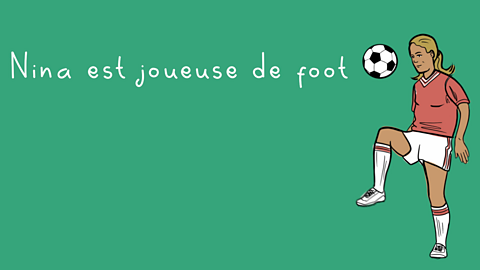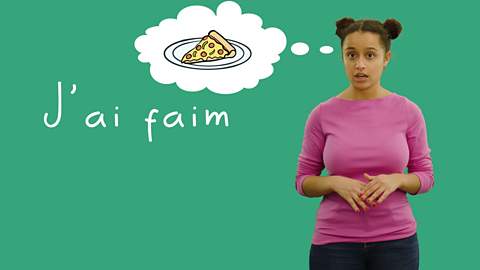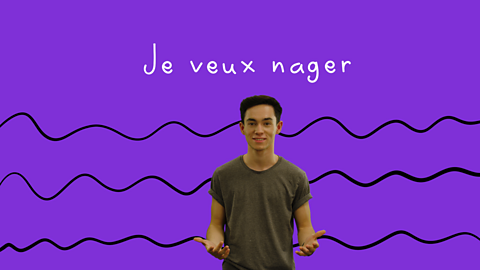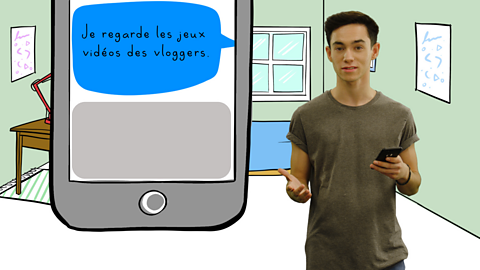Adjectives: How to describe people, places and things in French
You're going to want to describe nouns in French.
J'ai un chien - I have a dog is nice but… J'ai un chien mignon - I have a cute dog… is better!
The first thing to notice is that adjectives in French usually go after the noun.
J'ai une porte verte - I have a green door.
The next thing to notice is that the adjective must agree with the noun.
Une porte is a feminine noun which means that the adjective vert has a feminine ending 'e'.
If you have more than one of something like deux lapins blancs - two white rabbits, lapins is plural. Which means that the adjective has to be plural too. blancs has an s at the end.
If you have more than one girl les filles then any adjective has to be feminine and plural.
So content adds an e and an s - les filles contentes - the happy girls. Usually adjectives in French come after the noun but there are a few that don't.
beau - beautiful, comes before the noun,
bon - good, un bon livre - a good book,
and grand and petit also go before the noun.
Ma petite sœur - My little sister.
Mon grand lit - My big bed.
Now where's my cute black dog? **Où est mon chien mignon et noir?**
What is an adjective?
Adjectives are describing words. They tell us more information about nouns, such as the colour, size, age, etc.
Examples of adjectives include:
| French | English |
|---|---|
| bleu | blue |
| grand | big |
| petit | small |
| nouveau | new |
| vieux | old |
Where do adjectives go in relation to nouns?
In French, adjectives usually go after the noun:
- J’ai un chat noir - I have a black cat.
- Mon père a les cheveux courts - My dad has short hair.
However, most of the BAGS adjectives go before the noun. BAGS stands for Beauty, Age, Goodness and Size.
| Beauty | Age | Goodness | Size |
|---|---|---|---|
| beau / belle (beautiful) | vieux / vieille (old) | bon / bonne (good) | grand(e) (big) |
| joli(e) (pretty) | nouveau / nouvelle (new) | mauvais(e) (bad) | petit(e) (small) |
For example:
- J’habite dans une grande maison - I live in a big house.
- Ma copine a une nouvelle tortue - My friend has a new tortoise.
Most adjectives in French change depending on whether they are describing a masculine, feminine or plural noun. The usual endings are as follows:
| masculine singular | masculine plural | feminine singular | feminine plural |
|---|---|---|---|
| (no ending) | -s | -e | -es |
- J’ai un vélo vert - I have a green bike.
- Tu aimes les haricots verts? - Do you like green beans?
- Ma tante mange une pomme verte - My aunt is eating a green apple.
- Mon oncle aime les voitures vertes - My uncle likes green cars.
To find out more about exceptions to the rules and irregular BAGS adjectives click on the link below:
More on Grammar
Find out more by working through a topic
- count3 of 8

- count4 of 8

- count5 of 8

- count6 of 8

